Clinical Pharmacology Services
Envol Biomedical is dedicated to advancing drug development through our exceptional Clinical Pharmacology Services. With a team of highly skilled experts and a commitment to scientific excellence, we offer a comprehensive range of clinical pharmacology services that help provide you with the insights needed to forward your research.
Clinical Pharmacology is a critical discipline that bridges the gap between preclinical research and clinical trials. It involves evaluating the safety, efficacy, and pharmacokinetics of drugs in human subjects. By conducting rigorous studies, we help you understand how drugs are absorbed, distributed, metabolized, and excreted (ADME) in the body, ultimately informing informed decision-making throughout the drug development process.
Key Areas of Focus During Clinical Pharmacology Services
Safety Assessment: Clinical pharmacology studies help identify potential adverse effects of drugs, ensuring patient safety and minimizing risks.
Efficacy Evaluation: These studies determine the effectiveness of drugs in treating specific diseases or conditions, providing evidence for their therapeutic value.
Pharmacokinetic Analysis: Clinical pharmacology investigates how the body absorbs, distributes, metabolizes, and excretes drugs (ADME). This information is essential for optimizing dosing regimens and understanding drug interactions.
Drug-Drug Interaction (DDI) Studies: We evaluate the potential for your drug to interact with other medications, ensuring patient safety and efficacy.
Bioequivalence Studies: These studies compare generic or alternative formulations of drugs to their brand-name counterparts, ensuring that they are therapeutically equivalent and safe for patients.
The Role of Clinical Pharmacology in Drug Development
Clinical pharmacology is an integral part of the drug development process. It provides crucial information for:
- Phase I Clinical Trials: Clinical pharmacology studies help determine the safety and tolerability of new drugs in humans, often involving healthy volunteers.
- Phase II Clinical Trials: These studies evaluate the efficacy of drugs in patients with specific diseases or conditions, helping to identify the optimal dosage and treatment regimen.
- Phase III Clinical Trials: Large-scale studies assess the safety, efficacy, and effectiveness of drugs in real-world settings, providing evidence for regulatory approval.
- Post-Marketing Surveillance: Clinical pharmacology continues to play a role in monitoring drug safety and efficacy after approval, identifying any unexpected adverse effects or safety concerns.
The Importance of Clinical Pharmacology for Healthcare Providers
Clinical pharmacology knowledge is essential for healthcare providers to make informed decisions about drug selection, dosing, and monitoring. It helps them:
- Optimize Treatment Outcomes: By understanding the pharmacokinetics and pharmacodynamics of drugs, healthcare providers can tailor treatment plans to individual patients, maximizing benefits and minimizing risks.
- Prevent Adverse Drug Reactions: Knowledge of drug interactions and potential side effects allows healthcare providers to identify and prevent adverse events, ensuring patient safety.
- Stay Updated on New Drug Developments: Clinical pharmacology research provides healthcare providers with the latest information on new drugs and their applications, enabling them to offer the most effective and up-to-date treatments.
Personalized Medicine and Clinical Pharmacology
Clinical pharmacology is increasingly contributing to the field of personalized medicine, which aims to tailor treatments to individual patients based on their genetic makeup, environmental factors, and other characteristics. By understanding how genetic variations can influence drug response, clinical pharmacology can help identify patients who may benefit from specific treatments or require alternative approaches.
Drug Repurposing and Clinical Pharmacology
Clinical pharmacology can also play a role in drug repurposing, which involves identifying new uses for existing drugs. By studying the pharmacokinetics and pharmacodynamics of drugs in different disease contexts, clinical pharmacology can help identify potential new applications for existing medications, potentially accelerating drug development and reducing costs.
Challenges and Future Directions in Clinical Pharmacology
Envol Biomedical is committed to addressing the challenges facing clinical pharmacology and advancing the field through our comprehensive services. We are dedicated to:
- Understanding Complex Drug Interactions: Our experts utilize state-of-the-art methodologies to evaluate drug interactions and ensure optimal patient safety.
- Accounting for Variability in Drug Response: We employ personalized medicine approaches to address individual differences in drug response, optimizing treatment outcomes.
- Harnessing Emerging Technologies: Envol Biomedical is at the forefront of incorporating innovative technologies, such as artificial intelligence and machine learning, into our clinical pharmacology research to enhance efficiency and accuracy.
By addressing these challenges, Envol Biomedical is committed to improving patient outcomes and driving advancements in clinical pharmacology.
Contact Us Today
Envol Biomedical is dedicated to advancing the field of clinical pharmacology and ensuring the safe and effective use of medications. Our team of experts provides comprehensive clinical pharmacology services to support drug development and optimize patient care. By understanding the principles and applications of clinical pharmacology, we help healthcare professionals make informed decisions about drug selection, dosing, and monitoring, ultimately improving patient outcomes.

